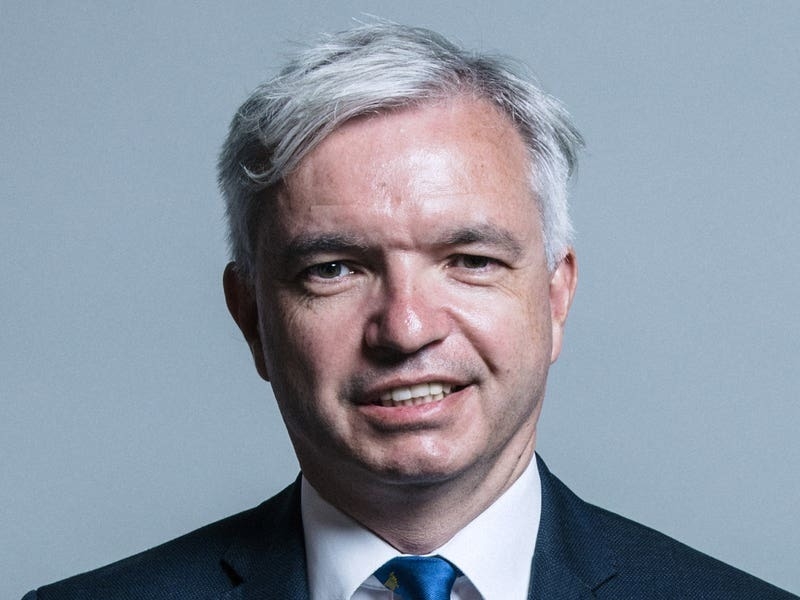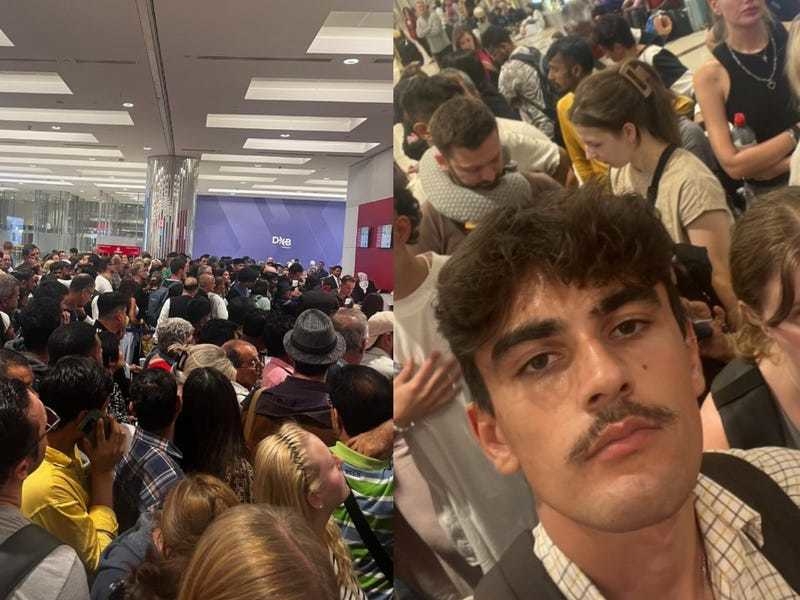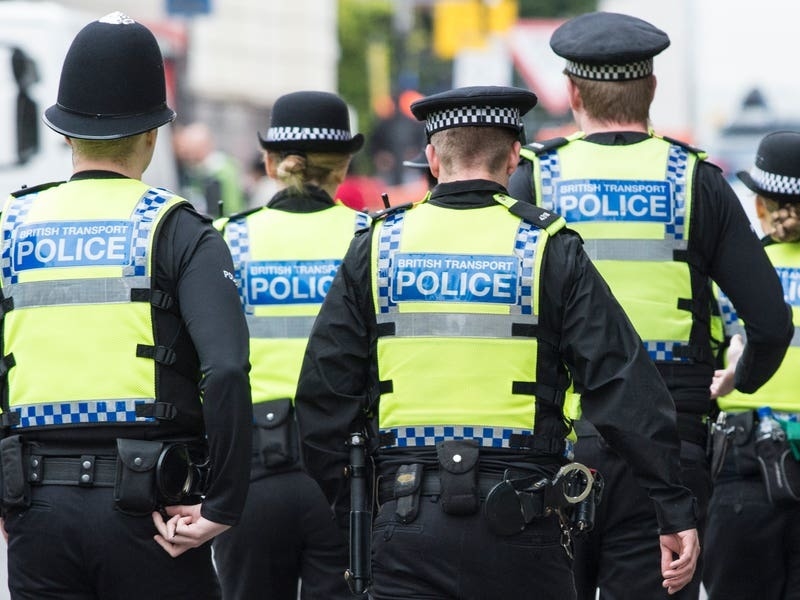The Parole Board has received more than 800 requests for details of its decisions under a new scheme introduced following the John Worboys case.
Until earlier this year, the body was barred from disclosing why its panels had decided that an offender should be released or kept in prison.
But ministers scrapped the rule after the Worboys episode sparked complaints that the process was shrouded in secrecy.
For the first time, victims and members of the public can apply for a summary of the reasons for a decision.
As of Friday, the Board had received 851 requests since the new regime took effect on May 22 – a rate of around 80 a week.
The number includes applications relating to forthcoming hearings as well as cases that have already been concluded.
So far, 103 summaries have been issued.
Martin Jones, chief executive of the Parole Board, said: “I am really pleased to see such a significant number of requests for summaries of Parole Board decisions, particularly from victims.
“This is the first step to increasing transparency to allow for greater understanding of how the Board works to protect the public.”
Under the new rules, victims signed up to an official contact scheme run by the probation service have the right to request a summary of the reasons for a decision.
Members of the public and the media can also seek the documents.
Requests from victims must be granted unless the Parole Board considers there are “exceptional circumstances” requiring disclosure to be blocked.
Where the information is sought by individuals other than victims, it should be provided as long as it is determined that the public interest in the principle of open justice justifies the release.
The summaries include details such as assessments of the offender’s risk factors and their progress while behind bars.
The Parole Board assesses whether serving prisoners in England and Wales are safe to be released into the community or moved to open conditions, considering around 25,000 cases a year.
The Government came under pressure to open up the organisation’s processes after it sparked huge controversy in January by ruling that Worboys was safe to be freed after around a decade behind bars.
Known as the black cab rapist, Worboys was jailed indefinitely in 2009 with a minimum term of eight years after being convicted of 19 offences, including rape, sexual assault and drugging, committed against 12 victims.
In March, the Parole Board’s release direction was quashed by the High Court. As a result Worboys, 61, was kept behind bars until the case has been re-assessed.






